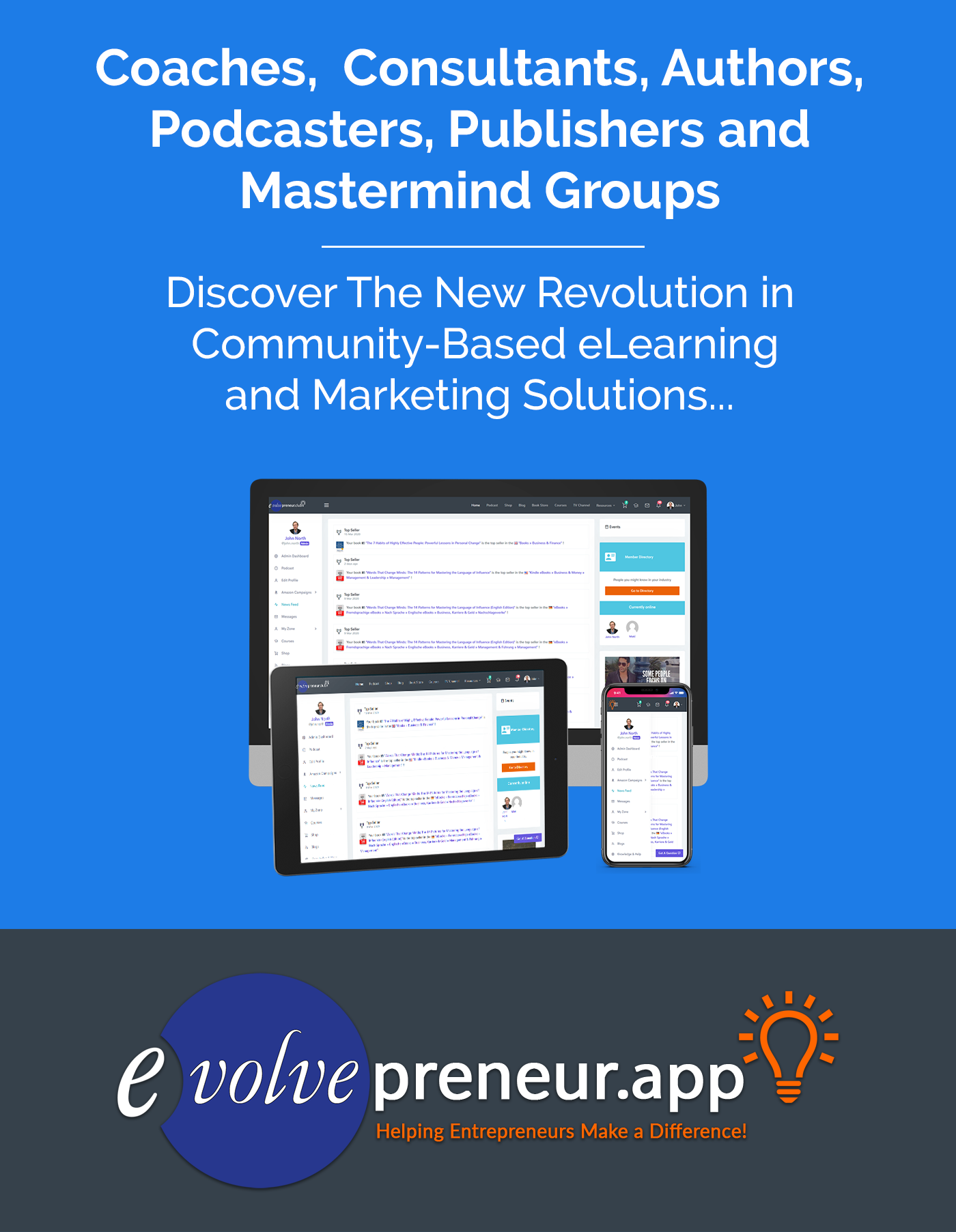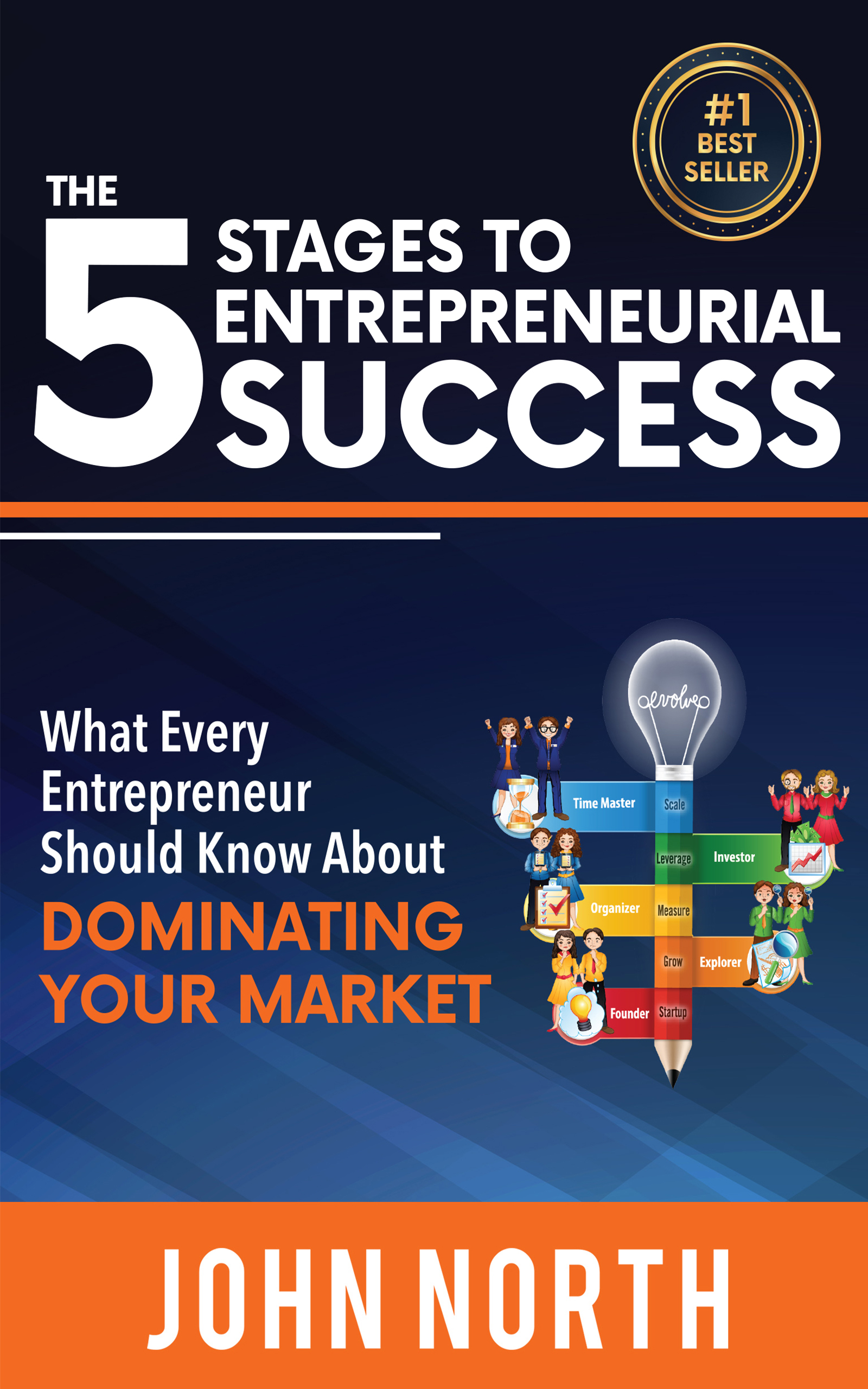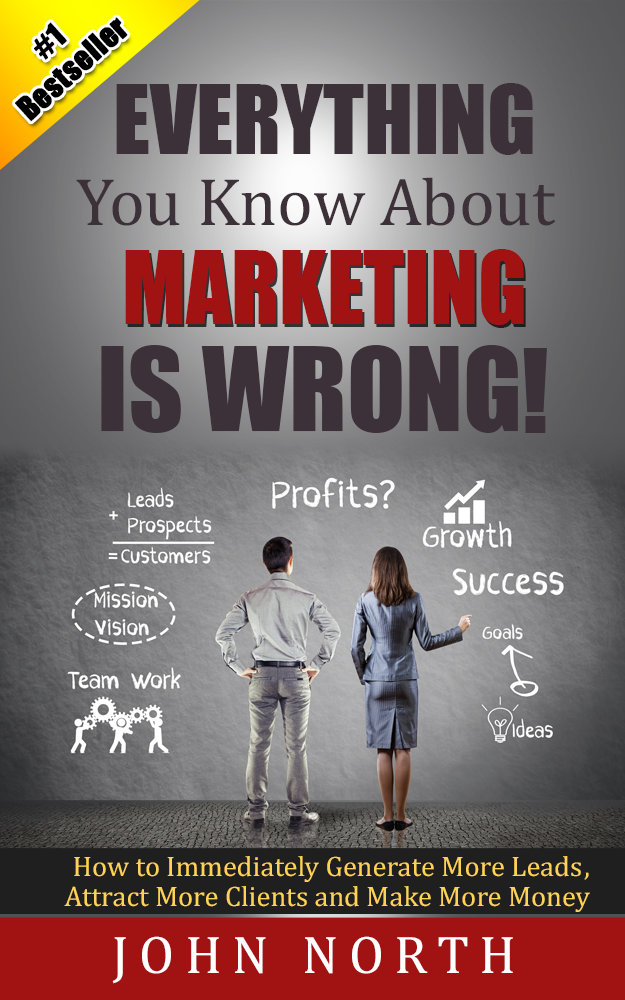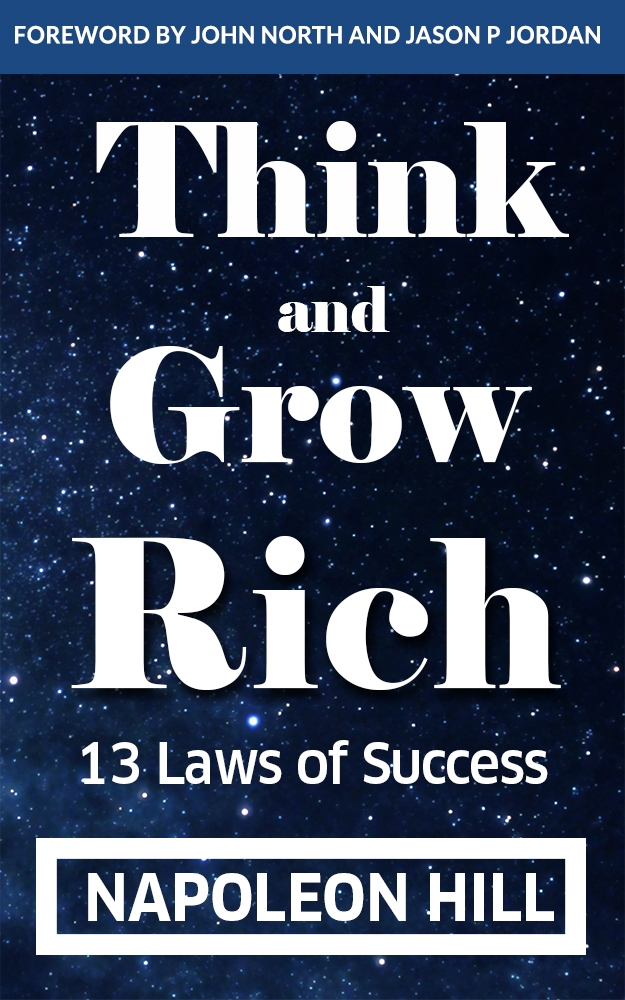The 5 Stages To Entrepreneurial Success
What Every Entrepreneur Should Know About Dominating Their Market
by John North
GRAB A COPY HERE: https://evolveglobalpublishing.com/show-book/B072N3XWXY
This book serves as a roadmap for aspiring entrepreneurs, guiding them through five distinct stages to achieve market dominance and entrepreneurial success.
Most Important Ideas & Facts:
1. The 5 Stages:
- Founder: This stage focuses on building a solid foundation by defining your mission, setting clear goals, and developing a strong personal objective.
- Explorer: This stage involves getting your hands dirty by creating business plans, understanding legal aspects like contracts, defining your USP (Unique Selling Proposition), and setting up essential business systems.
- Organizer: This stage focuses on organizing your business by identifying key performance indicators (KPIs), developing comprehensive marketing and sales plans, understanding customer behavior, and optimizing lead generation strategies.
- Investor: This stage emphasizes scaling your business, potentially attracting external investors or business partners, understanding customer lifetime value (CLTV), and implementing effective advertising strategies.
- Time Master: The final stage focuses on achieving mastery over your time and mindset. This involves adopting the right mindset for success, solidifying your market-dominating position, implementing efficient time management techniques, and developing an exit strategy.
2. Key Takeaways from Each Stage:
- Founder:
- "When everything seems to be going against you, remember that the airplane takes off against the wind, not with it." - Henry Ford. This quote emphasizes the importance of perseverance and facing challenges head-on.
- Define your primary mission and live it every day.
- Plan for your future and revisit your goals regularly.
- Explorer:
- Clearly define your USP to differentiate yourself from competitors.
- Develop a comprehensive business plan outlining your goals and strategies.
- Utilize technology like CRM systems for efficient customer management.
- Organizer:
- "If your only tool is a hammer, every problem looks like a nail.” – Abraham Maslow. This quote highlights the need for diverse skills and approaches in business.
- Identify and track relevant KPIs to measure business performance.
- Develop tailored marketing plans for different business stages.
- Understand the buyer's journey and tailor your sales process accordingly.
- Investor:
- “Always deliver more than expected.” - Larry Page. This quote emphasizes the significance of exceeding customer expectations.
- Seek external investment or partnerships strategically to fuel growth.
- Calculate customer lifetime value to understand long-term profitability.
- Develop a consistent brand image across all advertising efforts.
- Time Master:
- Adopt a positive mindset and believe in your ability to succeed.
- Solidify your market-dominating position by offering unique value to customers.
- Master time management techniques to maximize productivity.
- Plan your exit strategy, whether it’s selling the business or passing it on.
3. Essential Entrepreneurial Skills:
- Goal Setting: Clearly define both short-term and long-term goals.
- Marketing & Sales: Develop compelling marketing messages and understand effective sales techniques.
- Financial Management: Track KPIs, understand pricing strategies, and calculate customer lifetime value.
- Customer Service: Prioritize customer satisfaction and address complaints effectively.
- Leadership & Mindset: Cultivate a positive mindset, manage time efficiently, and inspire yourself and others.
Quotes:
- “Wealth is very often linked to exclusive ownership or control of a particular product or service, rather than being a part of someone else’s business model.” - Dan Kennedy
- "If you don’t make a difference, you don’t matter!" - Tony Manning
- “People are in such a hurry to launch their product or business that they seldom look at marketing from a bird’s eye view and they don’t create a systematic plan.” - Dave Ramsey
- “Here’s my whole marketing idea: treat people the way you want to be treated.” - Garth Brooks
Overall Impression:
John North's "The 5 Stages to Entrepreneurial Success" provides a practical and comprehensive framework for aspiring entrepreneurs. By breaking down the entrepreneurial journey into manageable stages, North equips readers with the knowledge, tools, and mindset needed to navigate challenges, achieve sustainable growth, and ultimately dominate their markets.
FAQ: Entrepreneurial Success in 5 Stages
1. What are the 5 stages of entrepreneurial success?
The 5 stages are: Founder, Explorer, Organizer, Investor, and Time Master.
- Founder: Focuses on self-reflection, goal setting, and defining your primary mission.
- Explorer: Involves researching your market, defining your USP, and establishing legal and financial foundations.
- Organizer: Concentrates on developing marketing and sales processes, understanding customer behavior, and streamlining operations.
- Investor: Focuses on scaling your business, attracting investors or partners, and analyzing customer lifetime value.
- Time Master: Aims to optimize time management, solidify your market-dominating position, and develop an exit strategy.
2. How important is a Unique Selling Proposition (USP)?
A strong USP is crucial for differentiating your business. It answers the question, "Why should I buy from you?" in a compelling way. Your USP highlights the unique value you provide, addressing customer fears, frustrations, desires, or concerns better than anyone else.
3. What are some tips for crafting a compelling marketing message?
- Focus on the customer's needs: Highlight how your product/service solves their specific problems and improves their lives.
- Evoke emotions: People buy on emotion and justify with logic. Tap into their desires, aspirations, or fears.
- Offer extraordinary value: Clearly demonstrate why your offering is superior and worth the investment.
- Use powerful language: Employ words that resonate with your target audience and create a sense of urgency.
4. How can I improve my sales process?
- Become an expert advisor: Position yourself as a trusted consultant who provides valuable insights and solutions, not just a salesperson.
- Master the art of storytelling: Craft a compelling sales narrative that combines logic and emotion, highlighting the benefits of your offering.
- Understand personality types: Adapt your approach based on individual communication styles and decision-making processes (e.g., using the DISC® profile system).
- Ask the right questions: Use open-ended, directional questions to uncover needs, problems, and desired outcomes.
5. What are Key Performance Indicators (KPIs) and why are they important?
KPIs are measurable values that track the effectiveness of your business activities. They provide insights into your progress towards specific goals, such as website traffic, lead conversion rates, customer satisfaction, and revenue growth. Monitoring KPIs helps you make informed decisions, identify areas for improvement, and optimize your strategies for maximum profitability.
6. How do I determine my target market?
Go beyond basic demographics and delve into their psychographic and behavioral patterns:
- Understand their motivations: Why do they buy? What are their pain points, desires, and aspirations?
- Analyze their buying habits: How, when, and where do they purchase? What brands do they prefer?
- Identify their preferred communication channels: Where do they spend their time online and offline?
This information allows you to tailor your marketing messages, product development, and sales strategies for maximum impact.
7. What is customer lifetime value (CLTV) and why is it important?
CLTV represents the total profit generated from a customer during their entire relationship with your business. Understanding your CLTV helps you determine how much you can afford to spend on acquiring new customers while remaining profitable. It also highlights the importance of customer retention and building long-term relationships.
8. How can I develop the right mindset for entrepreneurial success?
- Believe in your worth: Embrace the fact that you deserve success and have the capabilities to achieve your goals.
- Cultivate confidence: Trust in your abilities and don't let self-doubt hold you back.
- Avoid extreme thinking: Maintain a balanced perspective, acknowledging both successes and setbacks as learning opportunities.
- Celebrate achievements: Acknowledge your progress and reward yourself for reaching milestones.
- Embrace a growth mindset: View challenges as opportunities for growth and constantly seek improvement.






